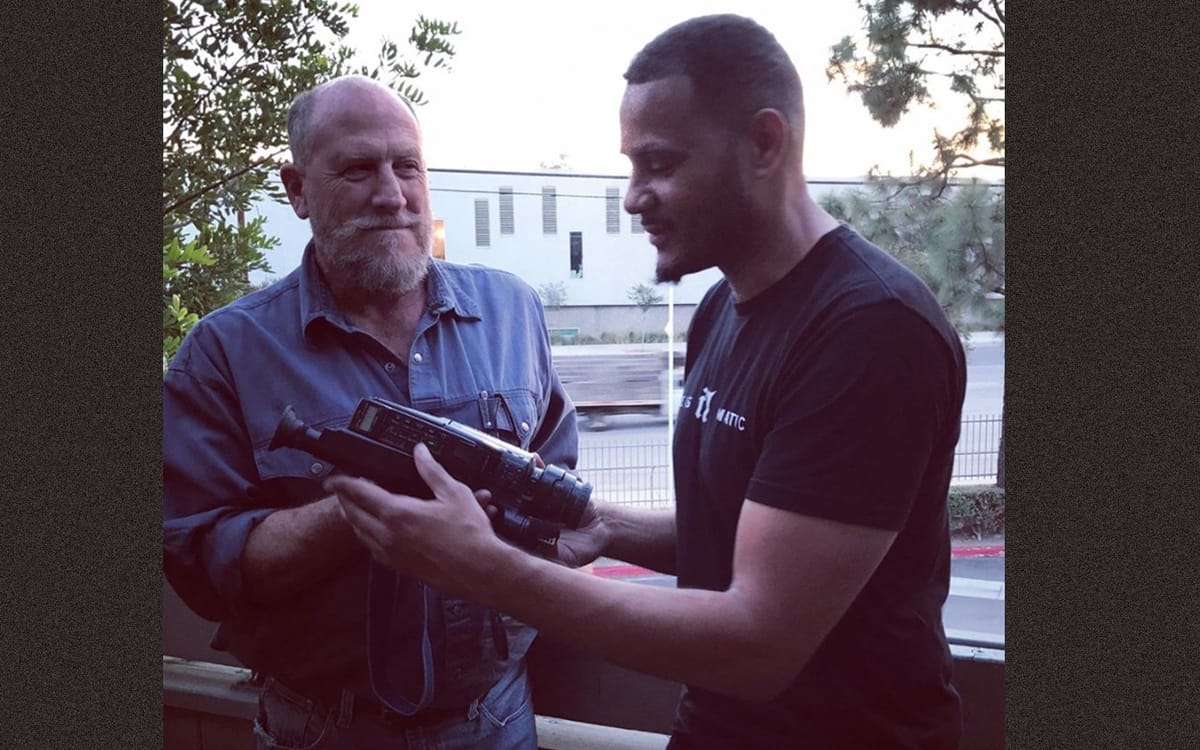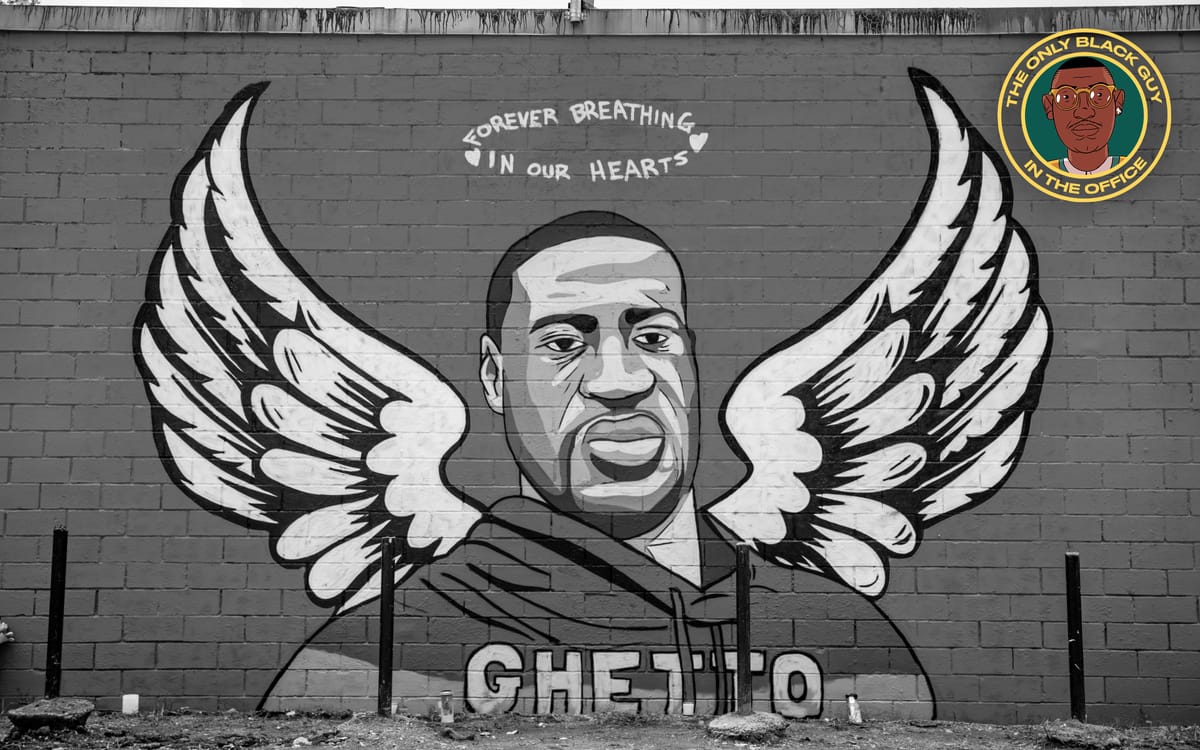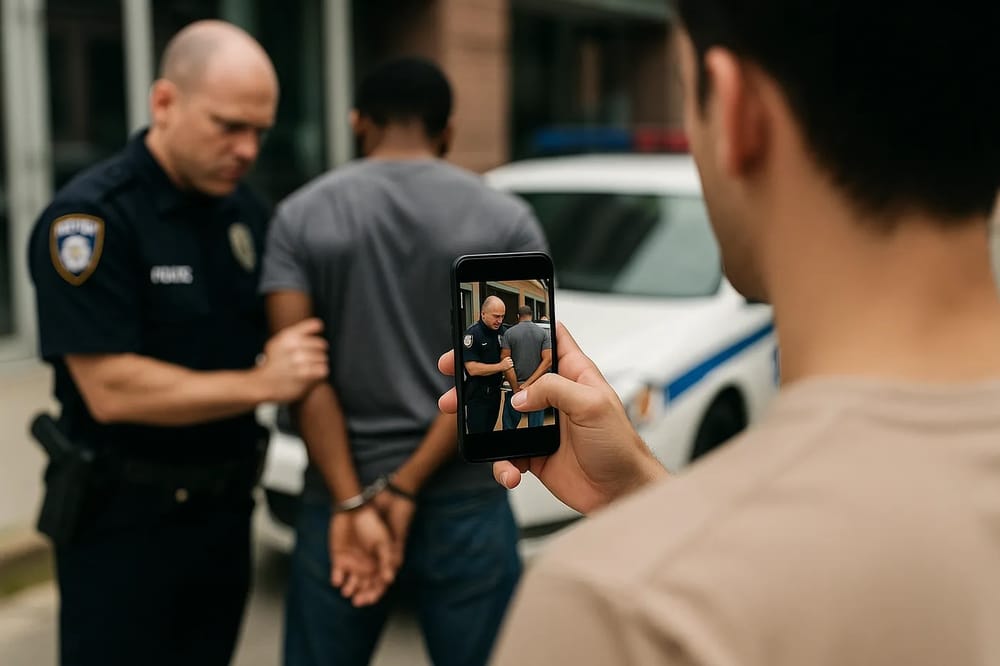When I hear people yearn for an America of old — to “make America great again” — I always ask: what year do they want to go back to? What year was “great” in their minds?
Was it the 1930s and 40s, when Hitler was decimating Europe and mass murdering Jews and others, while Charles Lindbergh was packing stadiums with American Nazis, and American soldiers were sent off to a dangerous war?
Or was it a time when women and Black people couldn’t vote and gay couples couldn’t legally marry?
Was it the era of the KKK and Jim Crow South, when Black Americans were treated as less than human?
Or the Vietnam War period, when thousands of drafted American men and women died in an ill-advised conflict?
Was “great” the 1980s, when crack cocaine was allowed to flood Black communities and then mass incarceration swooped in to swallow millions of Black men?
Do we go back further, to slavery, where millions of Black men and women were enslaved — beaten, raped, starved, and experimented on?
Or to when Andrew Jackson killed numerous Native Americans in a bloody confrontation in 1813?
The video camera — now in every pocket — changed everything. We no longer rely only on verbal stories to understand injustice.
We can see lions in the wild, planets spinning in space, time-lapse videos of flowers blooming. We can see car accidents, robberies, and even open-heart surgery through video scopes.
And we can also see racism — raw, unfiltered, undeniable.
Rodney King was the first big camcorder recording of police brutality to break into national consciousness. But now that cameras are everywhere — on street corners, in stores, and in every person’s hand — racism gets caught daily.

When a Highlands Ranch, Colorado officer fired eight rounds from his AR-15 into a young Black man who posed no immediate threat, it was caught on video. All eight shots in a row.
When an Aurora, Colorado cop shot an unarmed motorist, it was caught on video.
When Derek Chauvin pressed his knee into George Floyd’s neck for over nine agonizing minutes, it played on an endless loop until the whole world could no longer look away.

When two white men in Georgia chased down Ahmaud Arbery, a Black jogger, and executed him in broad daylight, a neighbor’s cell phone video told part of the story the killers never wanted told.
When Starbucks employees in Philadelphia called the police on two Black men for simply sitting and waiting for a business associate, it was all on video — leading to nationwide outrage and forced company-wide bias training.
When a white woman in New York’s Central Park called 911 and falsely accused Black birdwatcher Christian Cooper of threatening her, the video went viral within hours.
When Los Angeles Clippers owner Donald Sterling was recorded making racist comments about Black players and fans, his empire crumbled overnight.
When LA City Council members were caught on audio tape in 2022 making deeply racist remarks about Black and Oaxacan communities, the city erupted in outrage, and resignations soon followed.
And who can forget the infamous tapes of Mel Gibson’s antisemitic and racist rants, or the countless “Karens” caught on video harassing Black people and others in stores, parks, and neighborhoods across America?
These things had been happening forever. The difference now is that Black people have “I told you so” proof. The videos and audios leave no room for denial.
What so many are angry about isn’t that society suddenly got worse. It’s that racists are now getting caught. Their denials no longer hold up.
Put some duct tape over the “Again” part of those Make America Great Again hats and demand we make America Great. Not just for some of us, but for everyone.
After all, you said it: All lives matter.


